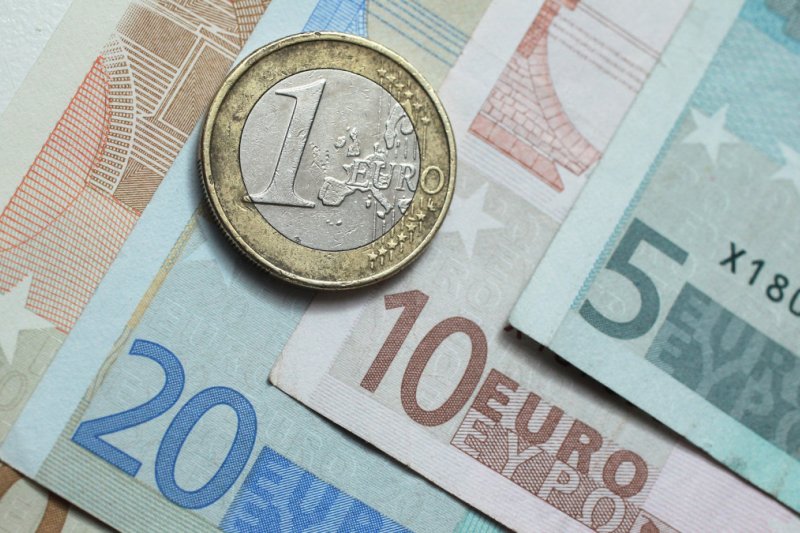Euro, US Dollar at Parity for 1st Time in 20 yrs
For the first time in 20 years, the exchange rate between the euro (EU) and the US dollar has reached parity - meaning the two currencies are worth the same.
According to the official exchange rate of the Bank of Albania, a Euro is exchanged at Lek 117.57, almost at the same value as the Dollar exchanged at Lek 117.51.
The euro hit Dollar 1 on Tuesday, down about 12% since the start of the year. Fears of recession on the continent abound, stoked by high inflation and energy supply uncertainty caused by Russia's invasion of Ukraine.
The European Union, which received roughly 40% of its gas through Russian pipelines before the war, is attempting to reduce its dependence on Russian oil and gas. At the same, Russia has throttled back gas supplies to some EU countries and recently cut the flow in the Nord Stream pipeline to Germany by 60%.
Now that critical piece of gas import infrastructure in Europe, has been shut down for scheduled maintenance due to last 10 days. German officials fear that it may not be turned on again.
The energy crisis comes alongside an economic slowdown, which has cast doubts over whether the European Central Bank can adequately tighten policy to bring down inflation.
The ECB announced that it will hike interest rates this month for the first time since 2011, as the eurozone inflation rate sits at 8.6%.
Regarding the effects in the Albanian economy, the strong fall of the Euro and the parity with Dollar is expected to have an impact on the Albanian economy.
This is due to the high rate of use of the European currency in the country, calculated at 50%.
A weak euro helps all borrowers in this currency and whose income is in lek, as they will pay less for monthly installments. On the other hand, importers will benefit, as they will pay less for goods and products. This is expected to put pressure on prices, affecting a possible decrease, although in the face of the crisis, it is not expected to be significant. The government is also at an advantage, as it will pay less for the foreign debt.
All those who have income in this currency, families who live on remittances from immigrants, as well as exporters whose profit rate is in Euro and lose to the exchange rate at the time of currency conversion, lose from the weakening of the Euro in the domestic market.
But some say the ECB is far behind the curve, and that a hard landing is all but inevitable. Germany recorded its first trade deficit in goods since 1991 last week as fuel prices and general supply chain chaos significantly increased the price of imports.
"Given the nature of Germany's exports which are commodity-price sensitive, it remains hard to imagine that the trade balance could improve significantly from here in the next few months given the expected slowdown in the eurozone economy," Saxo Bank foreign exchange strategists wrote in a recent note.
The US Federal Reserve is well ahead of Europe on tightening, having hiked interest rates by 75 basis points while indicating that more rate increases will come this month.
This safe haven retreat into the US dollar could become even more extreme if Europe and the US enters a recession, warned Deutsche Global Head of FX Research George Saravelos in a note last week.













